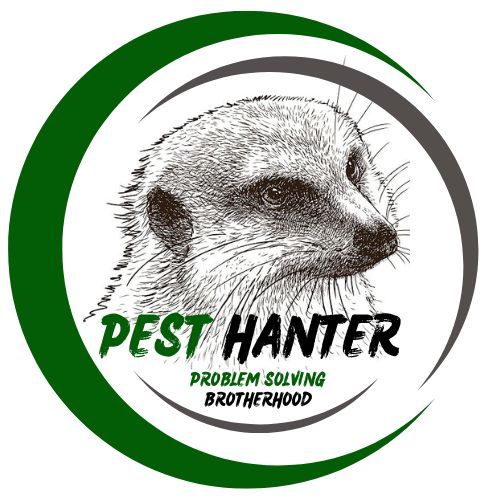Pest Hanter:
Protecting Your Food, Home, and Peace of Mind from Stored Product Pests
Stored product pests, often called pantry pests, encompass a diverse range of beetles and moths that pose a considerable threat to your pantry staples, including whole grains, processed foods, and commercial products.
These stealthy intruders inflict substantial economic losses across the global food industry, impacting every stage from farming and storage to transportation, processing, distribution, and even infiltrating our homes and businesses. Their presence not only leads to financial setbacks but also tarnishes the reputation of businesses.
Store product pests can easily contaminate food items, resulting in failed sanitation audits and substantial financial repercussions for businesses. Moreover, consumers may resort to legal action against producers for selling contaminated goods.
Among the pantry pests that commonly infiltrate our homes, we encounter a variety of insects, including the Indian meal moth, saw-toothed grain beetle, and cigarette beetle. Infamous for infesting dried fruits, vegetables, seeds, nuts, candy, dry pet food, and more, the Indian meal moth's larvae are unsightly, dirty-looking caterpillars that create an unsavory environment. Red flour beetles wreak havoc on processed grains like flour, meal, dried fruits, dry dog food, dried meats, and even non-food items like drugs and tobacco. Their rapid reproduction rate means even a minor infestation can quickly spiral out of control. Also known as tobacco or cigar beetles, these invaders target a wide range of dried food products, laying their eggs in and around food materials and causing extensive damage.
At just 1/8" in size, carpet beetles may bite, leading to itchy rashes due to contact with their larvae's hair fibers. They are skilled at infiltrating various spaces, laying eggs, and contaminating food products.
These pests feast on animal fibers such as wool, silk, fur, and leather, leaving closets and dark areas as breeding grounds. While rarely visible, their larvae feed on these materials.
Infestations often manifest with live or dead insects and webbing, cast skins, pupae, and larvae around food products. The extent of the infestation corresponds to the number of insects observed.
Preventive Measures
Safeguard your food with sealed storage containers.
Maintain rigorous housekeeping and sanitation practices.
Ensure all food bags remain securely sealed.
Pest Hunter's Comprehensive Solution
At Pest Hunter, our commercial pest management experts collaborate with residential and commercial facilities to create unwelcoming environments to store product pests. We meticulously inspect and cleanse shelves, pantries, and crevices while employing pesticide treatments to eradicate moth infestations.
Our technicians utilize modern, eco-friendly insect-growth regulator treatments or fog applications strategically timed to disrupt the pests' life cycles. We remain vigilant, using pheromone moth traps, thorough inspections, risk assessments, and pest-sighting logbooks to minimize potential infestations.
All Pest Hunter pest control products undergo rigorous testing to ensure they are safe for humans, pets, and plants. Our technicians provide you with any necessary safety precautions to ensure your well-being.
Trust Pest Hunter to protect your food, home, and peace of mind. Contact us today, and let us ensure a pest-free environment for you and your loved ones. Your health and safety are our top priorities.


